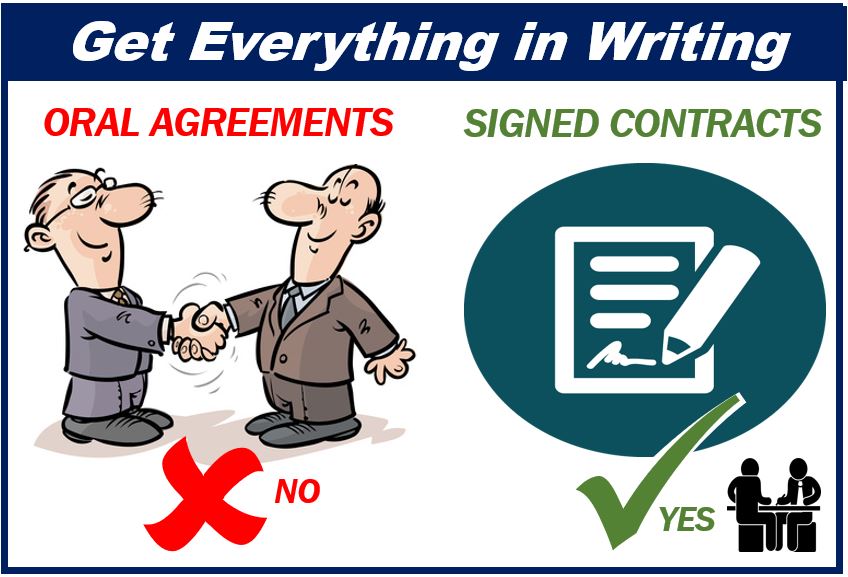There’s no magic button you can press to build wealth. But if you want to increase your odds of being financially successful, real estate is a key component. In fact, if you were to take a sample size of wealthy individuals across the country, you’d find that many of them are heavily involved in real estate. By making the plunge, you may be able to put yourself on that same path forward.

Why Invest in Rental Properties?
Out of all the different ways you can invest in real estate, single family rental properties are among the best. Not only are they affordable to get started with, but they also offer tremendous value in terms of monthly cash flow and long-term upside through appreciation.
Timing also plays a key role. While real estate investing has always been lucrative, there’s a current shift in the homeownership market which puts landlords in a prime spot moving forward. For the first time ever, rented households are growing at a faster rate than owned households. This is largely due to the fact that millennials are either less interested in homeownership and/or don’t have the financial standing to become homeowners. Likewise, the number of baby boomer renters is on the rise.
To top things off, rental properties remain stable during tough economic times. When the economy takes a downturn, the number of renters actually increases (as fewer people can afford to be homeowners). This means single family properties are essentially a recession-proof investment.
4 Tips for Successful Landlording
Owning rental property is a no-brainer. But in order for the numbers to work out, you have to embrace your new role as landlord. Here are a few tips to increase your odds of being successful:
-
Treat it Like a Business
It’s amazing how many landlords – even experienced ones – treat their rental properties like hobbies that just happen to generate a little cash on the side. But if you want to be successful, you have to treat your rental property investments like a business. Not only will this make you more profitable, but it’ll also keep you out of trouble.
“It’s important to make sure your business follows all necessary laws in order to maintain a positive reputation and avoid potential legal problems,” SmartMove explains. “Real estate and rental investments often come with regulations, so be sure to take the time to conduct research and understand all federal and state specific laws before plunging in.”
You should also be aware of risks like liability claims or potential accidents (such as a bursting pipe that floods the basement). The right insurance can proactively insulate you from these threats.
-
Be a Meticulous Screener
When you buy a property and first put a for-rent sign in the yard, you expectantly wait for that first phone call from a prospective renter. And when the call comes, it’s easy to be overly enthusiastic and quickly send over a lease agreement. But you need to slow your roll.
Screening tenants is a huge part of being a successful landlord. Just because someone is interested and has enough cash to cover a security deposit and the first month’s rent doesn’t mean they’re the right tenant.
You need to be meticulous with your screening. Make sure you follow federal and state guidelines, but get as detailed as possible with credit analyses, employer checks, income statements, background checks, and reference checks. This will cut down on your risk and increase your odds of finding someone who will pay on time and stay in your property for an extended period of time with limited issues.
-
Hire a Good Property Manager
There’s more to landlording than meets the eye. Contrary to popular belief, you have a long list of tasks and responsibilities beyond just picking up a rent check at the first of each month. And unless you have unlimited time on your hands, you’ll quickly find the demands to be too much to handle.
Hiring a property manager allows you to offer first-class service to your tenants while also reducing risk and increasing your profitability. Yes, it’ll cost you a small percentage of your rental revenue, but it’s an investment that pays off in spades.
-
Get Everything in Writing

Oral agreements might be binding contracts in your state, but good luck trying to prove something in a “he-said, she-said” argument. If you want to protect yourself – financially and legally – get everything in writing. If it isn’t in the lease agreement, you might as well pretend it didn’t happen.
Start Building Your Empire
You won’t become a multi-millionaire overnight, but with a firm commitment to smart real estate investing, you can build wealth over time. At first, the results will seem small. But as the months and years pass, you’ll enjoy a compounding effect. One property turns into two, which becomes three, four, and so on. Before you know it, you’re generating significant income on a relatively passive basis.
Interesting related article: “What is a Landlord?”

